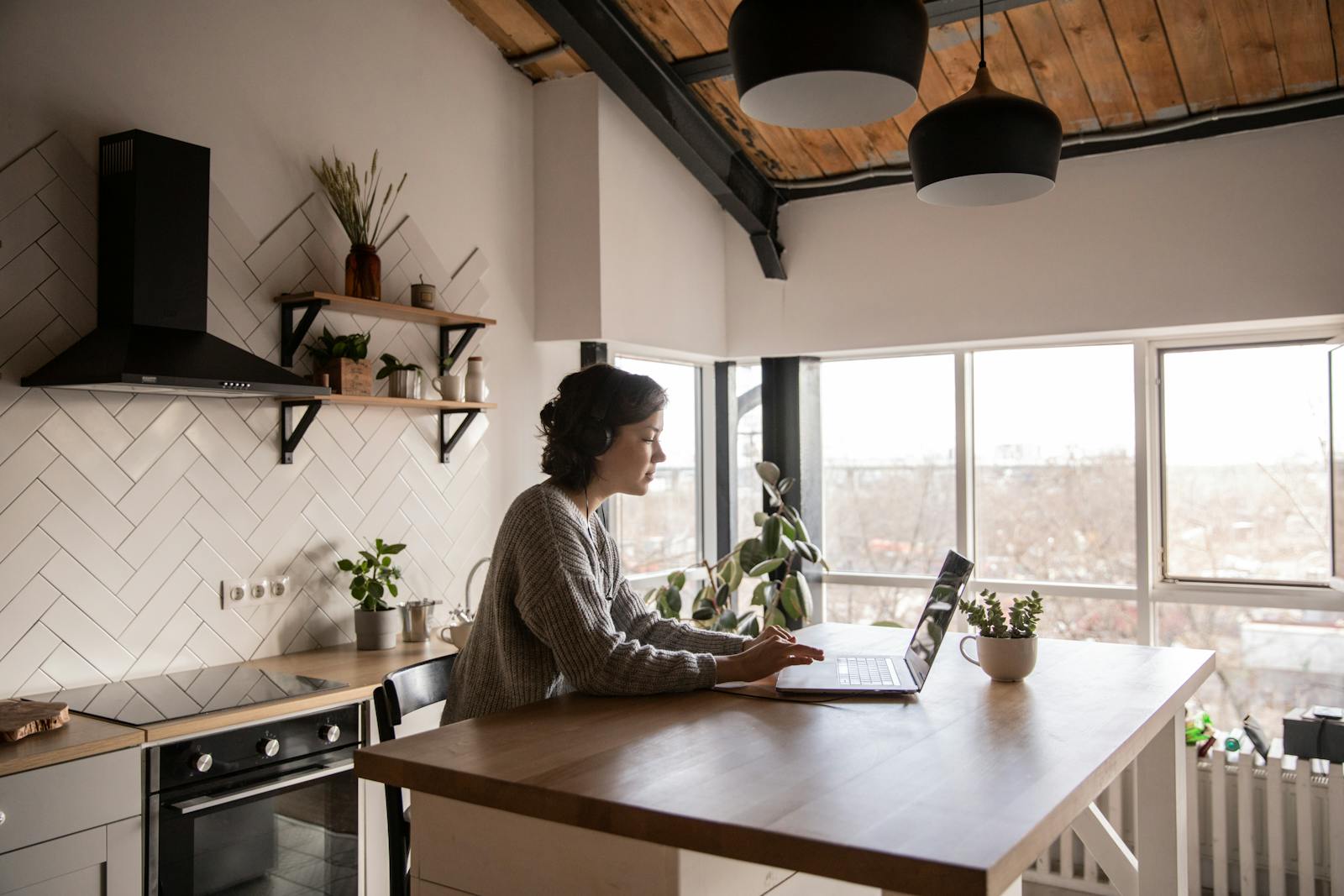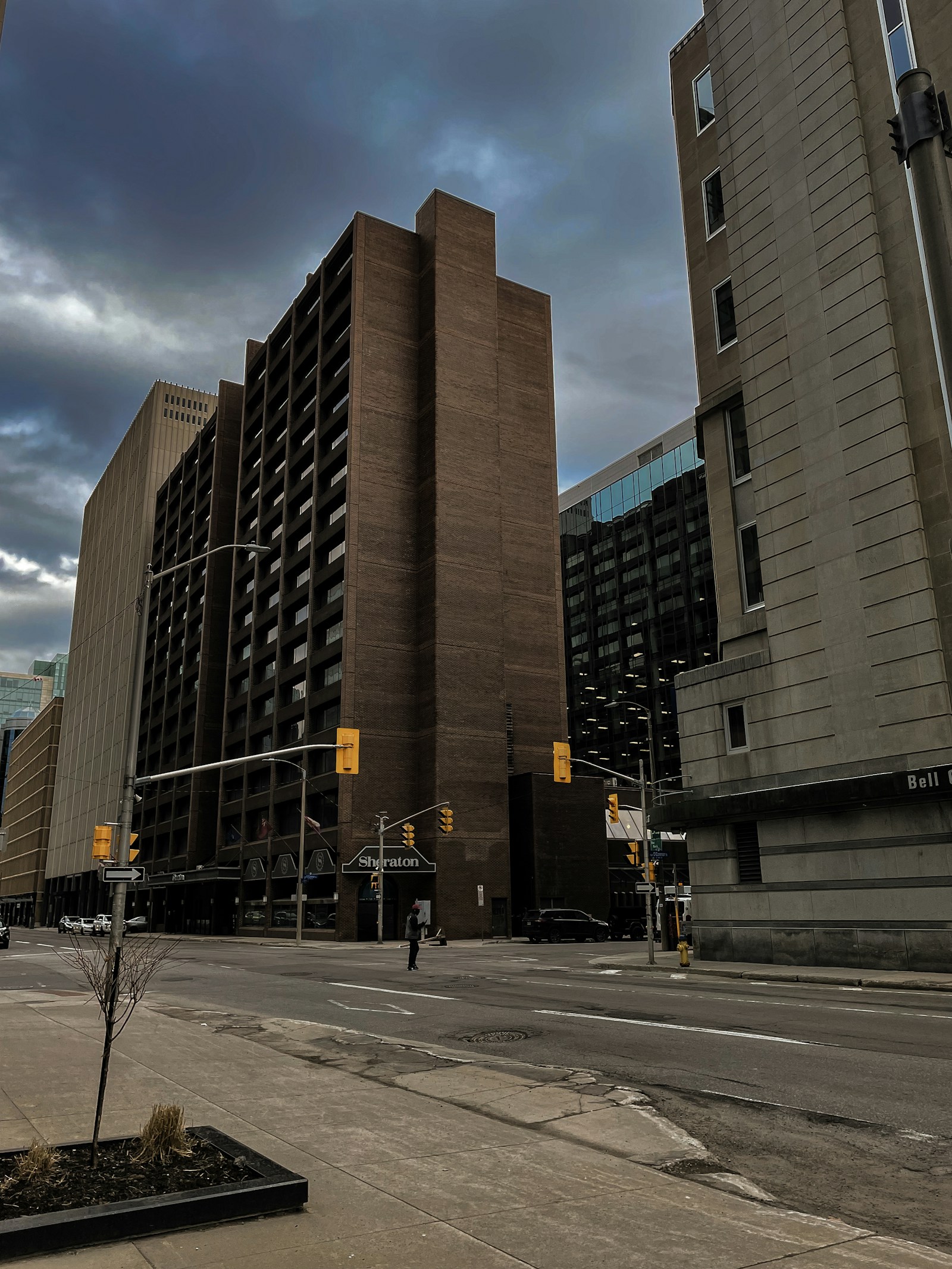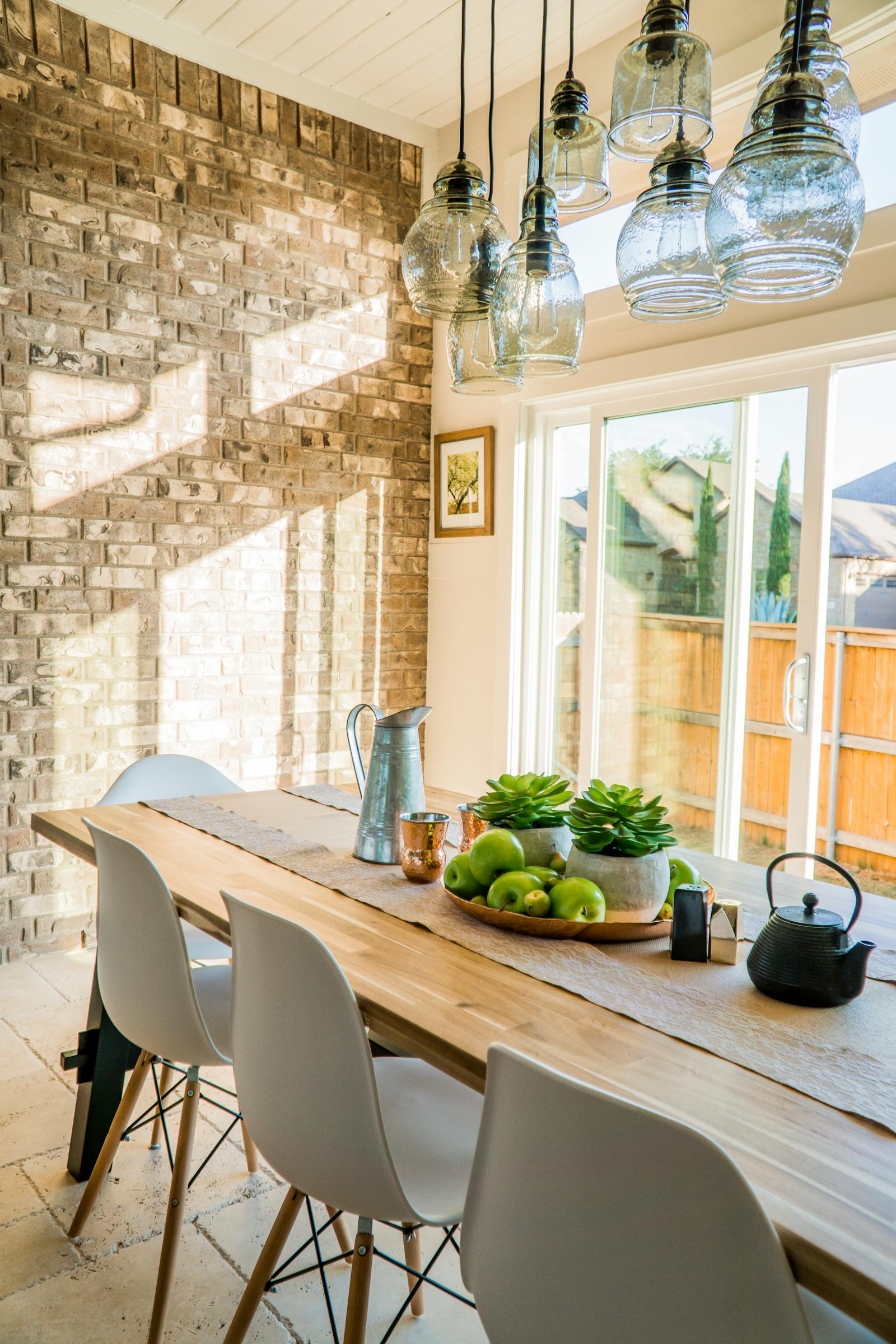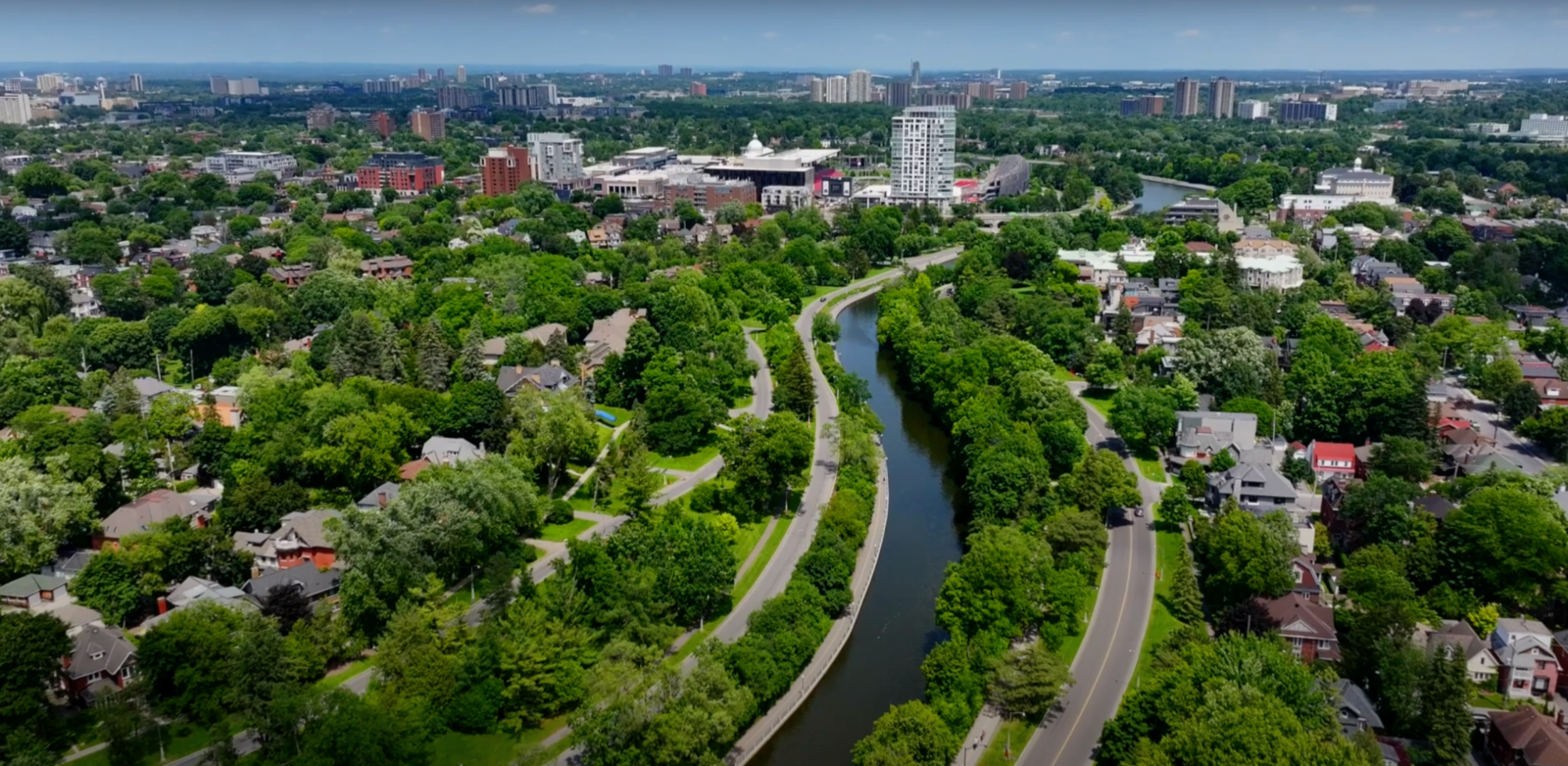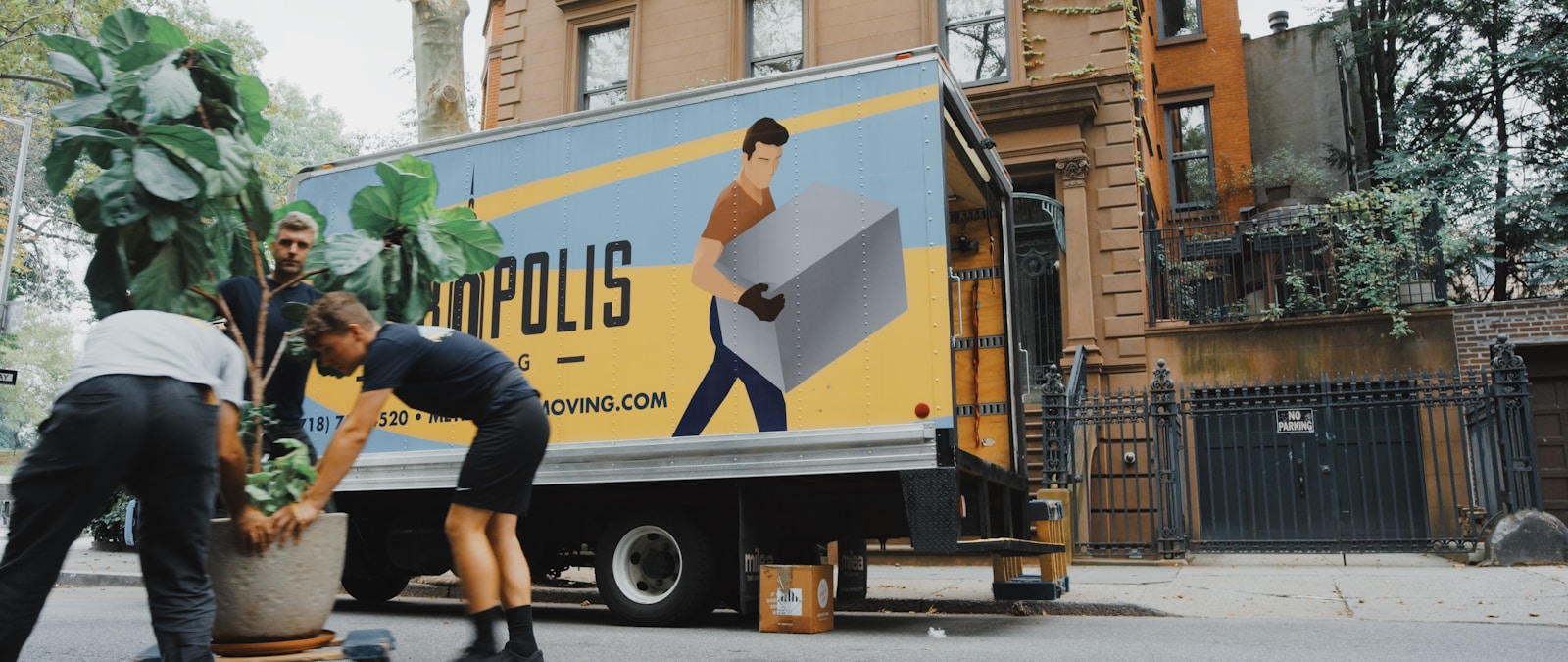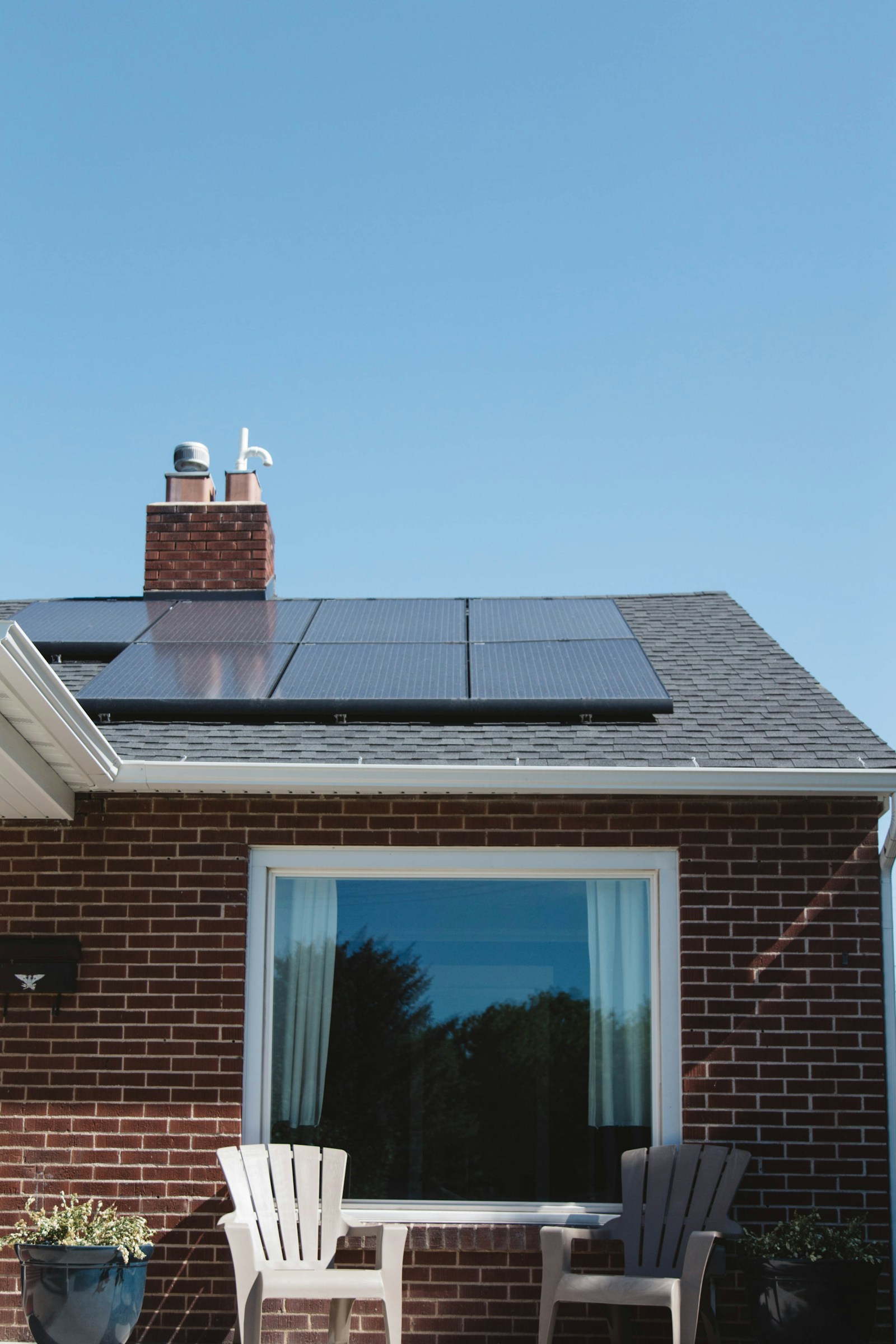Want to invest in a duplex or triplex? Learn how to buy a multi-unit property in Ottawa in 2025, from financing tips to zoning and rental rules.
What Counts as a Multi-Unit Property in Ottawa?
In Ottawa, a multi-unit property refers to any residential building containing two or more separate, self-contained units.
Common Types:
Duplex: Two units (side-by-side or stacked)
Triplex: Three units (often one per floor)
Fourplex: Four units (or two duplexes on one lot)
Legal Secondary Units: Also called SDUs or in-law suites—must meet fire, safety, and zoning laws
For investors, these properties offer diversified rental income streams and flexibility for owner-occupancy or full rental use.
Why Invest in Multi-Unit Properties in 2025?
The Ottawa rental market remains tight and in high demand, making multi-unit properties a hot commodity.
Key Benefits:
Rental income from multiple tenants boosts cash flow
Occupy one unit and rent out the others to offset your mortgage
Ottawa’s growing population continues to drive rental demand
Tax advantages through depreciation, expense deductions, and potential capital gains exemptions
Multi-unit investments provide more stability and scalability compared to single-family rentals.
Pros and Cons of Multi-Unit Real Estate Investing
If you’re serious about long-term wealth-building, multi-family is a powerful path.
Best Ottawa Neighborhoods for Multi-Unit Investments
Ottawa’s best areas for multi-unit properties combine accessibility, rental demand, and zoning support:
Look for areas with R2 to R4 zoning, public transit access, and proximity to schools or employment hubs.
Financing a Multi-Unit Property in Ottawa
Lenders treat multi-units differently depending on unit count and owner occupancy.
Financing Rules:
2–4 units: Qualify for residential mortgage rates
If owner-occupied, you can put as little as 5–10% down
Non-owner-occupied (pure investment): Requires 20%+ down
Rental income from the property may boost your borrowing power
✅ Tip: Work with a mortgage broker familiar with investment properties.
Zoning and Legal Requirements for Multi-Unit Homes
To operate a legal multi-unit property in Ottawa, you must meet specific zoning and safety regulations.
Essentials:
R2, R3, or R4 zoning typically allows for 2–4 units
Units must be fully self-contained (kitchen, bath, separate entrance)
Adhere to fire code, sound separation, and egress rules
Some properties may require secondary dwelling unit permits
You may need to register with the City of Ottawa Rental Registry
Always verify zoning with the City of Ottawa before purchasing or converting.
How to Analyze a Multi-Unit Deal in 2025
Before buying, perform a detailed financial analysis to ensure cash flow and ROI.
Sample Deal Metrics:
Purchase Price: $900,000
Rental Income: $5,400/month (3 units)
Expenses (mortgage, taxes, maintenance): $4,100/month
Cash Flow: $1,300/month
Cap Rate = (Net Operating Income / Purchase Price) × 100
ROI = (Annual Net Cash Flow / Initial Investment) × 100
✅ Tip: Use conservative estimates for vacancy, maintenance, and utilities.
Tips for Managing Tenants and Maintaining Multi-Family Homes
Good management is key to maximizing your investment.
Smart Landlord Strategies:
Use written leases and clear house rules
Screen tenants thoroughly
Create separate utility meters if possible
Budget for repairs and shared space maintenance
Consider hiring a property manager for peace of mind
Treat tenants fairly and maintain your property to keep your investment performing long-term.
Exit Strategies: Long-Term Holding vs Selling or Converting
There are multiple ways to cash out or transition your multi-unit investment.
Common Exit Options:
Hold and rent indefinitely: Build equity and passive income
Sell once appreciated: Capture capital gains
Convert to condos (with legal planning)
Pass on to children as part of your estate
Multi-units offer flexibility for both cash flow and legacy planning.
FAQs About Buying Multi-Unit Property in Ottawa
1. Is buying a duplex different from a single-family home?
Yes—lenders, zoning laws, and rental laws vary.
2. Do I need a property manager?
Not always, but one can help if you don’t live near the property or have multiple units.
3. Can I live in one unit and rent out the rest?
Yes—it’s called house hacking, and it’s a smart way to offset your mortgage.
4. How do I find multi-unit listings in Ottawa?
Work with a REALTOR® who specializes in investment properties.
5. Do I pay more tax on rental income?
Rental income is taxable, but you can claim many deductions (repairs, insurance, interest, etc.).
6. Is Ottawa a good city for rental properties in 2025?
Yes—strong demand, stable economy, and low vacancy rates make it ideal.
Final Thoughts: Building Wealth Through Multi-Unit Real Estate in Ottawa
Buying a multi-unit property in Ottawa is one of the most effective ways to build long-term wealth and passive income. With smart planning, the right location, and a reliable team, you can secure a property that generates monthly cash flow, provides tax advantages, and grows in value over time.
Real estate is a journey—and multi-units can take you further, faster. 🏘️💰


